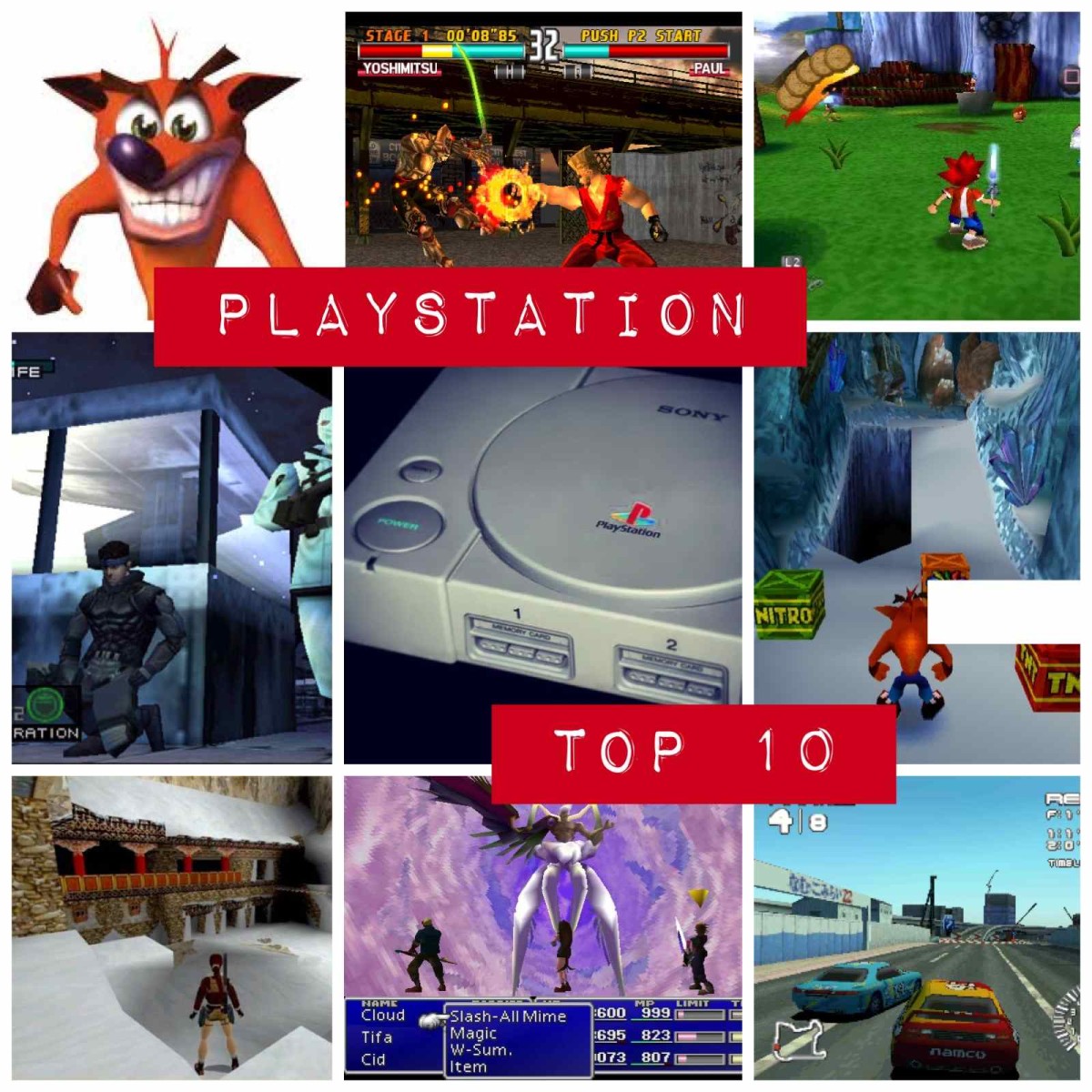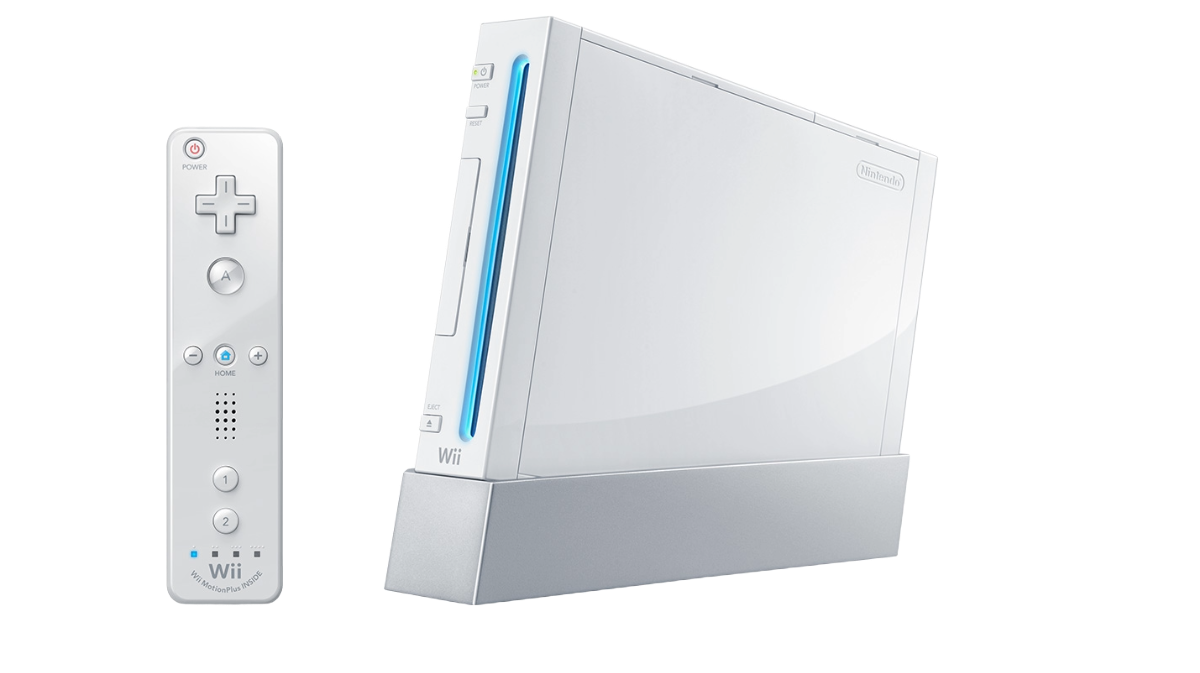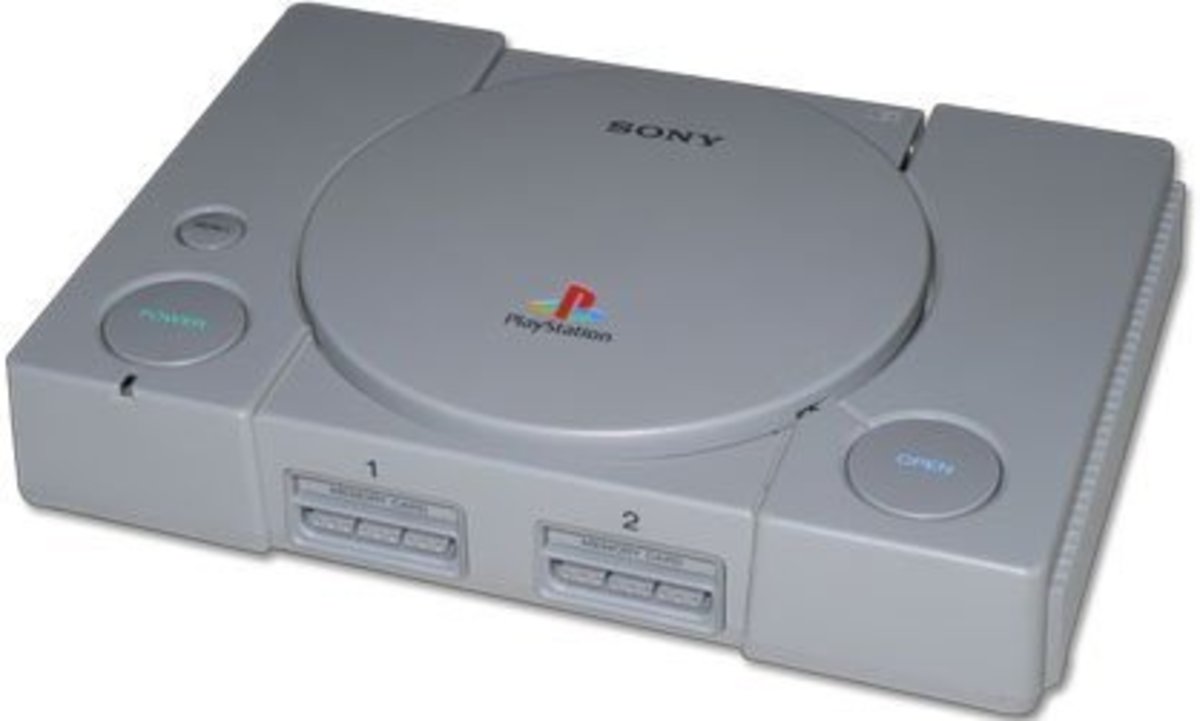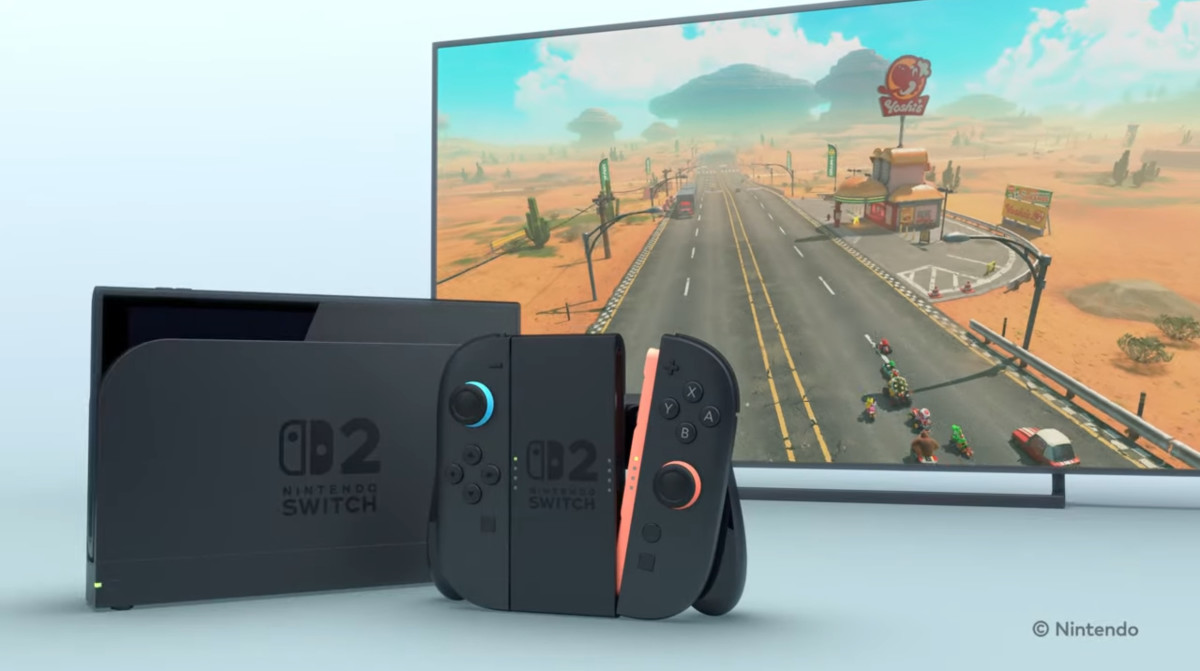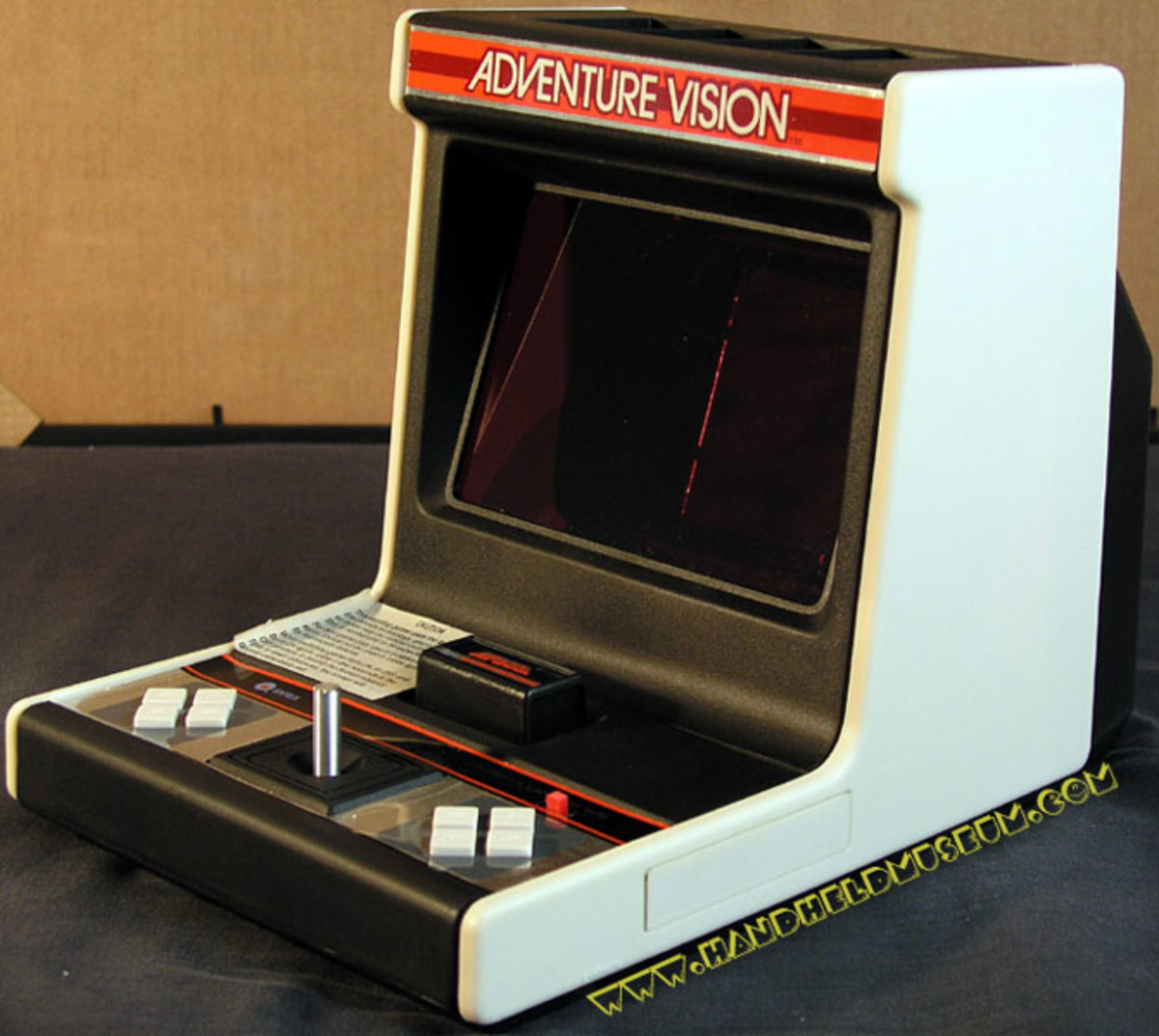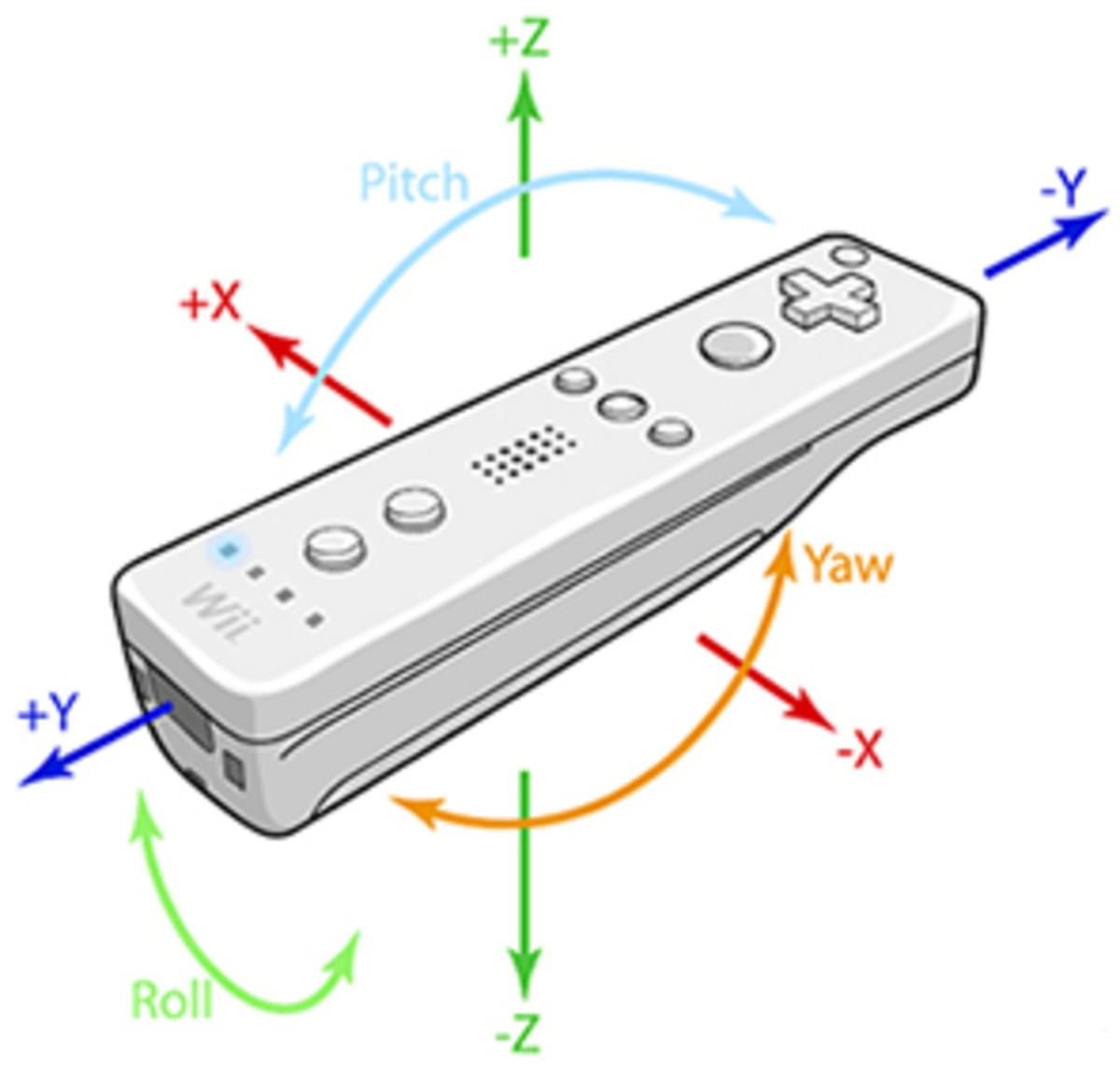- HubPages»
- Games, Toys, and Hobbies»
- Computer & Video Games»
- Video Game Consoles
The second coming of Nintendo
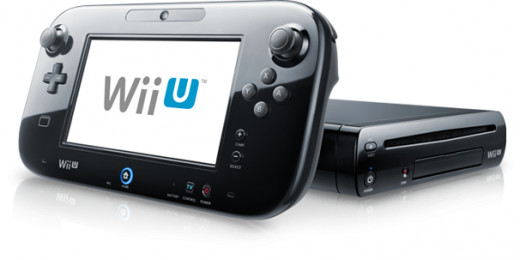
A brief history
You might be thinking that this Hub is talking about the resurgence of Nintendo after the release of the Wii back in 2007. Granted, it could have been about this and it’s something which should be touched on.
Back in the 1980’s a Japanese company decided that it was going to break into the videogame market and danced around with the notion of partnering with Atari in the USA. Of course, the video game crash which resulted from the wide collection of home consoles and crappy games put the brakes on this idea. For many, this was really the end of video games since stores didn’t want to handle anything which was in the market since they had lost a lot of money. The thing was though that Nintendo had spent a lot of money developing The Nintendo Entertainment System (NES) and they weren’t ready to let go of their investment.
Knowing that they couldn’t directly market the NES as a video game console, they had the ingenious idea of marketing it as an accessory for R.O.B (Robotic Operating Buddy). It was a cunning ploy that allowed the NES to get into stores and thus start the resurgence in video games again. Of course after this the popularity of Nintendo went through the roof with Super Mario Bros being the forefront of this revolution along with The Legend of Zelda and Metroid series.
Fast forward a few years and the SNES was born, followed by the Nintendo 64, both of which then resulted in further blockbusters for Nintendo and a healthy profit to boot. Things changed slightly with the Gamecube and although it was more powerful than the Playstation 2, it lacked DVD playback and also what many deemed to be the killer franchise; Grand Theft Auto. Grand Theft Auto 3, Vice City and San Andreas cemented the Playstation 2s success and whilst third party support for the Gamecube was good, the combination of these on the PS2 along with the GTA series left it in the dust.
Whilst it was by no means a loss maker, it was clear to Nintendo at this point that they needed to go down a different route. They had made the more powerful console in the last generation (although the original Xbox was more powerful than both the Gamecube and the Playstation) but this time around they decided to be revolutionary in the home console and also the handheld market. This saw the release of the DS and also the Wii. Despite both being significantly less powerful than their primary competition (the PSP and Playstation 3), it had one thing that Sony couldn’t quite emulate, despite their best efforts.
This was the fun factor, something which both the DS and Wii delivered in droves. For the first time in many moons people that weren’t normally into video games were now getting into them. This of course led to a higher number of sales for both machines and in turn massive revenue. Once again Nintendo had struck gold and it this point they seemed infallible, and perhaps this overconfidence was their weakness.
A bump in the road
One of these bouts of overconfidence was during the launch period of the 3DS. Whilst there were good games on the 3DS at launch, it could be argued that none of them were system sellers.It would take 9 months before the launch of Super Mario 3D Land and Mario Kart 7 was released before the system really took off. Similarly, the Wii U which was launched in 2012 didn’t exactly get the ovation its predecessor did. Unlike the Wii, the Wii U is a powerful machine. With that being said, the market had changed again and we’re now fully into the HD era. One of the things though that really scuppered it in the beginning was the fact that many believed it was just a peripheral for the Wii since all they really seen was the Gamepad. This undoubtedly did hurt the sales which in turn brought about a drought in third party releases.
The biggest third party in the industry; EA only brought out Mass Effect 3, Fifa 2013 and Need for Speed Most Wanted on the Wii U. However, Most Wanted is on par with the PC version both in terms of how smooth the gameplay is as well as how gorgeous it looks. Criterion really were able to squeeze every last drop of power out of the Wii U and it showed other developers that it could be done. Sadly though, one thing stood in the developers way- laziness. This may seem harsh to slate the developers in this since they’ll say it takes a lot of resources to port over a game to a system which is of a different architecture compared to the PS3 and Xbox 360. The thing is though, these developers made a fortune during the Wii days and they owe a large part of their success to the fact the Wii was such a hit. Yes they do need to have profit margins but as mentioned above, Criterion could use the power of the Wii U just as well as Nintendo can so it’s not impossible for other developers to do the same.
Sadly though, other third party developers also pulled out of the console in response to poor sales of their games. Part of this is down to the marketing of the console but blame must be attributed to sloppy ports. The recent release of Watch Dogs is evidence of this. It’s a great game, but the extra months it spent in development just haven’t been worth it.
A change of times
The removal of support from third parties hasn’t influenced the games Nintendo already had in development but rather than hinder the console this pull out has actually helped it. One aspect is that the machine hasn’t been flooded with rubbish half-baked ports of games. Due to this it’s allowed Nintendo do actually stand out again as a console AND game maker, something which Sony certainly can’t do and something Microsoft can only do in part. Over the past twelve months Wii U owners have been given the AAA treatment with the release of Super Mario 3D World, Wind Waker HD, Bayonetta 2, Pikmin 3, Donkey Kong Country Returns:Tropical Freeze along with a wide range of indie game on the eShop. Despite it being a third party title Splinter Cell Blacklist felt like the definitive version of the game with the gamepad support and it made it a joy to play.
In 2014 one of the big hitters was released in the form of Mario Kart 8. This is truly the definitive version of the franchise to date and when it was released it caused an increase of 102% in Wii U sales. Super Smash Bros for Wii U has also recently been released and it has also seen another jump in system sales. Coupling this with the concept of amiibo which are collectible figures that will help you in game and it’s clear to see that the revenue of Nintendo is increasing in a way it hasn’t seen in a few years.
When you couple in the fact that the big hitters this year haven’t exactly been the system sellers (bar GTAV) then it’s no wonder people are selling their other consoles to buy a Wii U. Games like Far Cry 4, Advanced Warfare, Destiny, Assassins Creed Unity, Halo Master Chief Collection and Watch Dogs were crippled with bugs (some of which still haven’t been fixed) and have dismissed the biggest factor why we play games- the fun. These releases should have been perfect but the glitches in the has left players with a foul taste in their mouth. When added to the mix that these games can’t actually play in full 1080p HD for a two consoles that were touted as being able to do so it makes you wonder just what these consoles have to offer.
Yes the Wii U doesn’t have a lot of third party support but when you look at the mess of the games that have been released this year, is that such a bad thing? When you buy a game you expect to be able to play it without any hiccups, or at least have them fixed with a day one patch. With the release of the latest instalment of Zelda, Star Fox and the hint of a new F-Zero, it’s clear that 2015 is going to be a great year for Nintendo, and a great year for those that play Nintendo games.

